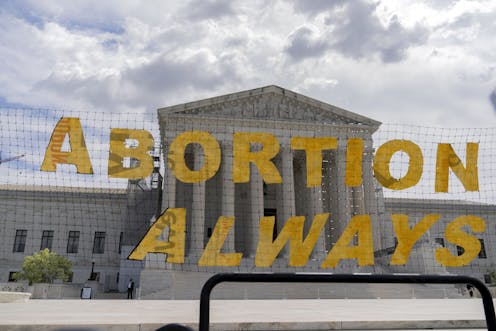Businesses and directors could face multi-million dollar penalties if they fail to disclose their climate impact
Large businesses will have to publicly disclose detailed information about what they are doing to reduce carbon emissions and other climate-related financial information under legislation before federal parliament.
Under the new legislation companies will have to include a separate sustainability report in their annual report.
And, as with the financial component of the annual report, the sustainability document will be formally adopted by the company’s board.
The UN Climate Change Conference in Glasgow in 2021 (known as COP26) identified mandatory climate-related financial disclosure as necessary for combating climate change.
Disclosure makes a company’s climate-related risks, opportunities, metrics and targets transparent to its investors and other stakeholders.
The planned laws do not change what companies are required to do in response to climate change, but they allow regulators and stakeholders to monitor the company’s progress towards internationally agreed net-zero targets.
For that reason, the disclosures companies produce are likely to be closely scrutinised.
What will the disclosure laws look like?
The specific – and lengthy – content requirements for the sustainability report are being developed by the Australian Accounting Standards Board in line with global sustainability reporting standards produced after COP26.
Companies will have to disclose information about their scope 1, 2 and 3 greenhouse gas emissions.
Scope 1 emissions are those produced by a company’s own operations and scope 2 emissions are from the production of the energy it uses to do business. Scope 3 are the emissions produced by its supply chains, for example in the production of materials from suppliers or from the activities of businesses it funds.
To account for their scope 3 emissions, companies preparing sustainability reports will need detailed information from the businesses with which they deal.
Australia already has a regime – known as the National Greenhouse and Energy Reporting Scheme – that requires companies with a big climate impact to report their emissions, energy production and energy consumption to the government each year.
The new sustainability reporting requirement is wider than this, and will apply much more broadly.
Which businesses will be affected?
When the new laws are fully implemented, they will apply to all companies covered by the existing NGER scheme, all investment trusts and funds (including superannuation funds) with assets over A$5 billion, and other companies that meet two out of three proposed size thresholds. The proposed thresholds are: assets above $25 million, revenue above $50 million and 100 or more employees.
For now, the sustainability report will focus on climate-related issues. But the legislation flags the possibility of adding other environmental disclosures (for example, covering nature and biodiversity impacts) in later years.
In first few years, the disclosure laws will be enforced by the Australian Securities and Investments Commission (ASIC) only, and private plaintiffs including climate advocates will be locked out of courts.
If the company’s disclosure is misleading, and ASIC can demonstrate the company didn’t take all reasonable steps to ensure it was accurate, the company can face civil penalties. These, for very large companies, can run to hundreds of millions of dollars.
Statements about the future will be taken to be misleading unless the company can demonstrate reasonable grounds for making them.
Once the transition arrangements expire, companies can also expect shareholders and climate advocates to be active in the courts to punish misleading disclosure.
New pressure on company directors
Making the sustainability report a component of the annual report – rather than a separate document – has important legal consequences for company directors.
For the first few years of the new reporting regime, the directors will have to declare whether, in their opinion, the company has taken reasonable steps to ensure the sustainability report accords with the law.
After that, they will be required to declare whether, in their opinion, the report complies with the sustainability reporting standards set by the Australian Accounting Standards Board and accurately includes all required disclosures.
Directors have a statutory duty to ensure the company meets the legal requirements for annual reporting, a duty that will extend to the sustainability report.
Also, the laws that make directors personally liable for defects in mandatory corporate disclosure documents will apply.
These provisions, which can be enforced by ASIC, carry a maximum civil penalty for individuals of $1,565,000.
Will the new disclosure laws change sustainability governance?
For many decades, board members have been expected to take personal responsibility for what their company says in its financial report.
They cannot simply leave it to the management team or the auditors to ensure the disclosure is accurate. As a result, the financial information is carefully reviewed and directors ask detailed questions about the data and assumptions on which it based.
The financial report provides stakeholders with a clear picture of the company’s financial viability and performance. But it also forces the board to pay close attention these issues.
Under the new laws directors will have personal responsibility for what the company says in the sustainability report. Designing the law this way will force directors to pay the same close attention to the company’s climate-related disclosures.
They will need to understand and question the data and assumptions that underpin the disclosure.
This will affect the company’s broader governance, by elevating sustainability issues in boardroom discussions and bringing climate-related risks, opportunities, targets and metrics closer to the centre of boardroom deliberations.
It should make directors much more aware of – and sensitive to – their company’s climate impact.
Authors: The Conversation

















